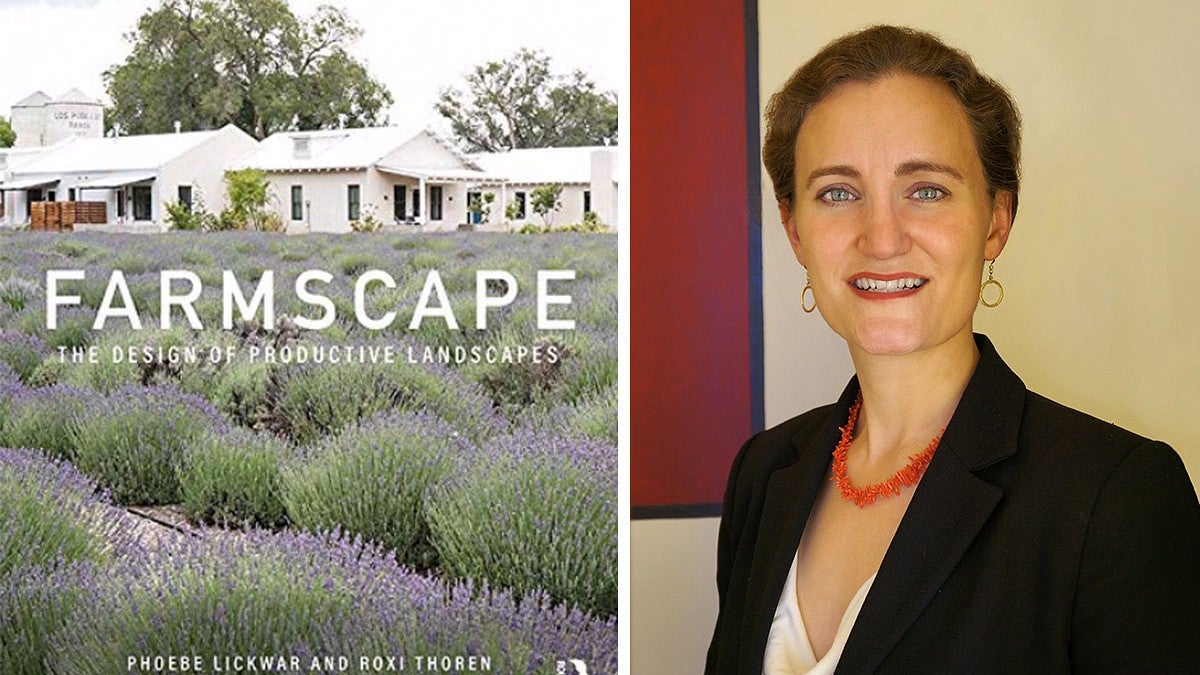
In its June 2020 issue, Landscape Architecture (the magazine of the American Society of Landscape Architects) featured the book and a conversation between Thoren and Lickward post-COVID-19.
“Phoebe Lickwar, ASLA, and Roxi Thoren, ASLA, have just published an excellent new book, Farmscape: The Design of Productive Landscapes (Routledge, 2020), which should consolidate many stirrings of the past decade in landscape architecture to reclaim a serious purchase on food production after generations of the two realms’ drifting apart,” the article stated. “The book speaks into the gaps among where food is made, where it’s needed, and where it’s eaten.”
Some highlights from Thoren:
- “We produce more calories per person than most other nations, but when a disaster occurs, we have people going hungry. That’s wrong. Here in Oregon, I feel very lucky to be in a community where there are diverse supply chains and a robust restaurant and direct-to-consumer market for local food. A friend of a friend has a chicken farm with about 500 chickens. They normally sell to local restaurants, not to a regional distributor. When orders dried up after restaurants closed, they asked their friends to offer egg CSA drop sites, and within a week they had a new market selling directly to consumers. Variety in the supply chain provides resiliency, and the more local the chain is, the more likely we are to get food from farmers to consumers when a disaster occurs.”
- “Our department at the University of Oregon has an urban farm on campus where students think they’re going to have fun, dig in the soil, learn to grow tomatoes, and bring a lot of nice vegetables back from class. And they do all that, but they also learn about soil ecology, food systems, food deserts and food insecurity, local economies, the cultural preparation of food—all the things that are tied up in agriculture. With the shift right now to remote teaching, we can’t run the urban farm class, but we have to continue maintaining our living classroom for summer and fall classes. So we’re generating a lot of food, which we’re able to give to local food banks, including a student food pantry on campus. Even in the college community, there is a lot of food insecurity, with almost 40 percent of our students reporting food insecurity in a recent survey.”
- “We’re leaving portions of our communities vulnerable when the path to resilience is for families to spend more. And is it even resilient when we’re leaving people behind? Even community gardens have become something of a luxury or a leisure activity. Who has the space, the time, or the knowledge to grow their own food?”
Learn more about the book and Thoren’s research in the article “Grow Your Own.”
